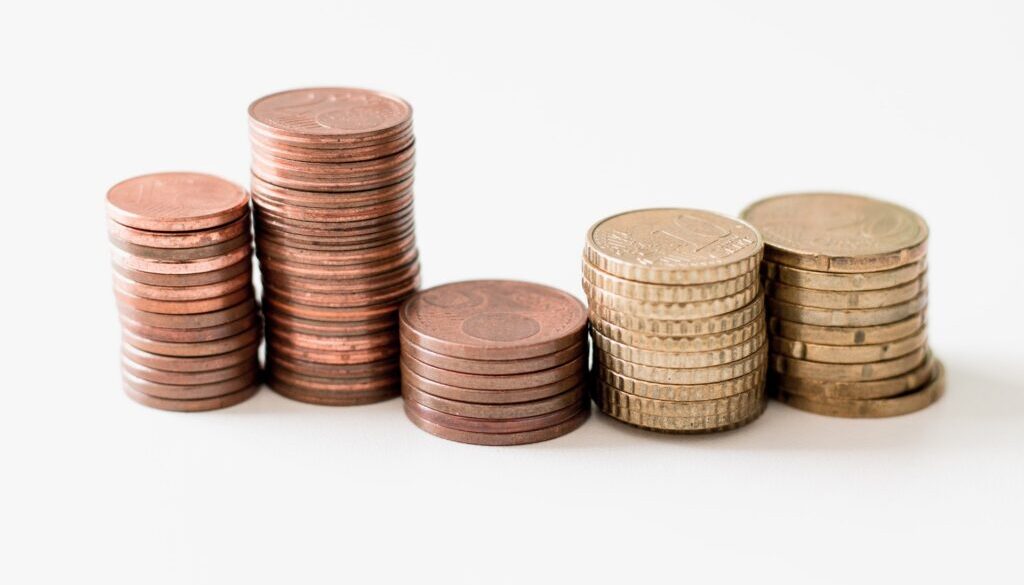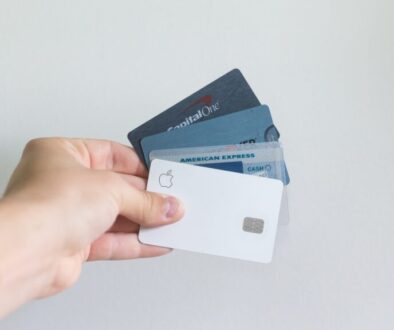Getting your personal finances in order is what will keep you from being obligated to others. Controlling your spending and living below your means will allow you to save money for the days that you can no longer work anymore. This article has good guidance for getting your personal finances to straighten around.
Get a rewards credit card. No-fee reward cards are the best if you need a credit card. Reward cards give you rewards on various things that you typically use such as hotel rooms, airline tickets and store rewards. Be sure you pay the card off every month and pay on time to avoid interest and late fees.
A great tip for anyone interested in finding extra money each month to put toward existing debts is to make a habit each day of emptying your pockets or purse of change received during cash transactions. It may seem like a small thing, but you will be amazed by how much money actually accumulates over time, and you may find yourself paying down that stubborn credit card balance faster than you ever thought possible.
To improve your personal finance habits, make different categories for your various expenses. For instance, put fixed expenses such as rent or mortgage payments in one category. Variable expenditure, such as eating out, shopping, and credit card payments should be placed in a different category. This will help you prioritize expenses.
One of the best ways to improve your finances is to purchase a generic brand of products. The next time you are in the supermarket, purchase the store brand cereal, which can taste just as good as the higher-priced, marketed brand. This can save you a lot of money when projected out over the year.
Doing odd jobs for ones friends and family can often be convenient way for way to add additional money to their personal finances. Also one can often build a reputation for themselves creating a business that will keep supplying one with a job whenever their previous customers have new projects.
Keep track of your actions, and of whether they were successful or not. Go back over your notes and think about how you could have avoided a failure, or realize what you did right. Consider yourself as a student who constantly has to learn new things in order to improve.
When paying down your debt avoid unnecessary expenses such as credit monitoring services. You are able to attain a free credit report from each of the three credit reporting agencies each year. Apply the extra cash to your debt instead of paying a third party company to monitor your credit report.
Buy your staples in bulk and save big money. Instead of buying those tiny bags of sugar and flour think in terms of twenty-five pounds at a time. That might seem like a lot but the money you will save will justify the storage space it will require. Just make sure you store everything safely in tins or other rodent proof containers.
Start saving for emergencies. Budget your expenses so you will have money left over to pay for any emergencies that may arise. This will help cut out the chance that you may have to use a credit card in case of an emergency and will save you finance charges and interest.
Keep track of your bank account and credit cards to watch for fraudulent activity. If you see any charges that are not from you, let your bank or other financial institution know immediately by calling them. They will be able to freeze your account and prevent further charges from occurring.
Discuss financial goals with your partner. This is especially important if you are thinking about getting married. Do you need to have a prenuptial agreement? This may be the case if one of you enters the marriage with a lot of prior assets. What are your mutual financial goals? Should you keep separate bank accounts or pool your funds? What are your retirement goals? These questions should be addressed prior to marriage, so you don’t find out at a later date that the two of you have completely different ideas about finances.
To save money, instead of going to the movies, consider renting one. By renting a movie instead of going to a theater, you are saving gas, you do not have to pay ridiculous prices at the concession stand, and you do not have to buy a ticket. Many cable providers even allow you to purchase a movie from your TV for a small price.
If you want to be able to efficiently manage your personal finances one of the things that you need to define is your budget. Not having a defined budget is like driving a car without a steering wheel. A well defined budget will help you define your priorities in terms of spending.
Instead of doing your grocery shopping on the same day of every week, consider shopping a single day later each week. If you shop using the same list, you will have saved more than one week’s worth of your shopping money once you have repeated this practice for seven weeks.
Focus on high-interest debt first when paying down credit card or loan balances. The higher the interest rate, the more you pay over the long term, so getting rid of these high-interest items saves you considerable money over the long run. As an added benefit, each time you reduce the overall balance on a high-interest item, you also reduce the overall debt.
Work on paying off credit card debt. Taking out a card to buy something involves using money. It’s not just a plastic card with unlimited funds. When those bills and fees pile up, they take a toll on a person’s credit history. That is why it’s so important to pay them off as much and as quickly as possible.
Put to good use the tips you have learned in this article. Be sure to plan for your future by saving a good portion of your salary. You can also compare your quality of living to those around but make sure you are living within a realistic range and do what is right for your specific situation.




